Medicinal properties of citronella: Antispasmodic, digestive tonic and calming properties: treatment for digestive and intestinal disorders; reduces flatulence and cramps. Bactericidal, anti-inflammatory and hypotensive properties (decoction): to combat fever, colds and flu-like conditions. Sedative action on the nervous system: against insomnia, stress and anxiety. For external use: Pain relief: soothes joint pain (arthritis) and rheumatism. Muscle relaxant: treatment for sprains, tendonitis and strains. Tonic: in case of fever or fatigue, including mental fatigue. Repellent action: against insects, particularly mosquitoes. Usual therapeutic indications: Digestive and gastrointestinal disorders; fever, flu; joint and muscle pain; rheumatism; fatigue, insomnia, stress, anxiety. Other proven therapeutic indications: Dental pain, skin problems such as acne and cellulite, helps with weight loss (diuretic action). History of the use of citronella in phytotherapy: The medicinal properties of citronella have been known since ancient Egypt, but the plant has been used on the Indian subcontinent for even longer. In the West Indies, it is a traditional remedy for reducing fever, while in Africa it is used to treat conditions such as tuberculosis and malaria. In tropical countries, it is often planted around houses to keep insects away. Botanical description of citronella: A perennial plant with rhizomes (underground stems), citronella has nothing in common with lemons other than the smell it gives off when its leaves are crumpled. Native to southern India and Sri Lanka, this plant of the Poaceae (or grass) family also grows in the tropical regions of the West Indies and Africa, where it is commonly used as a medicinal plant. Lemongrass is a herbaceous plant with long, narrow, linear, blue-green leaves with sharp edges. These leaves, with their branch-shaped stalks, measure from 90 cm to 2 m. The stem of the lemongrass is hollow and bulbous: it is the base that is used in cooking to flavour dishes. Lemongrass has given its name to other plants with which it should not be confused: lemon verbena, lemon balm and lemon aurone. With its aromatic stem, lemongrass is also a medicinal plant, thanks to its many beneficial leaves. Antispasmodic, antibacterial, sedative and relaxing, it can be used to treat a wide range of ailments, including digestive disorders, flu and fever, mental fatigue, asthma and depression. joint pains and rheumatism. Lemongrass is also said to help lower blood sugar levels.
Lemongrass leaves
4,23 €
Lemongrass: Antispasmodic, digestive tonic and calming properties: treatment for digestive and intestinal disorders; reduces flatulence and cramps. Bactericidal, anti-inflammatory and hypotensive properties (decoction): to combat fever, colds and flu-like conditions. Sedative action on the nervous system: against insomnia, stress and anxiety. For external use: Pain relief: soothes joint pain (arthritis) and rheumatism. Muscle relaxant: treatment for sprains, tendonitis and strains.
| Weight | N/A |
|---|---|
| Dimensions | N/A |
| Packaging | 20 g, 50 g |
Only logged in customers who have purchased this product may leave a review.
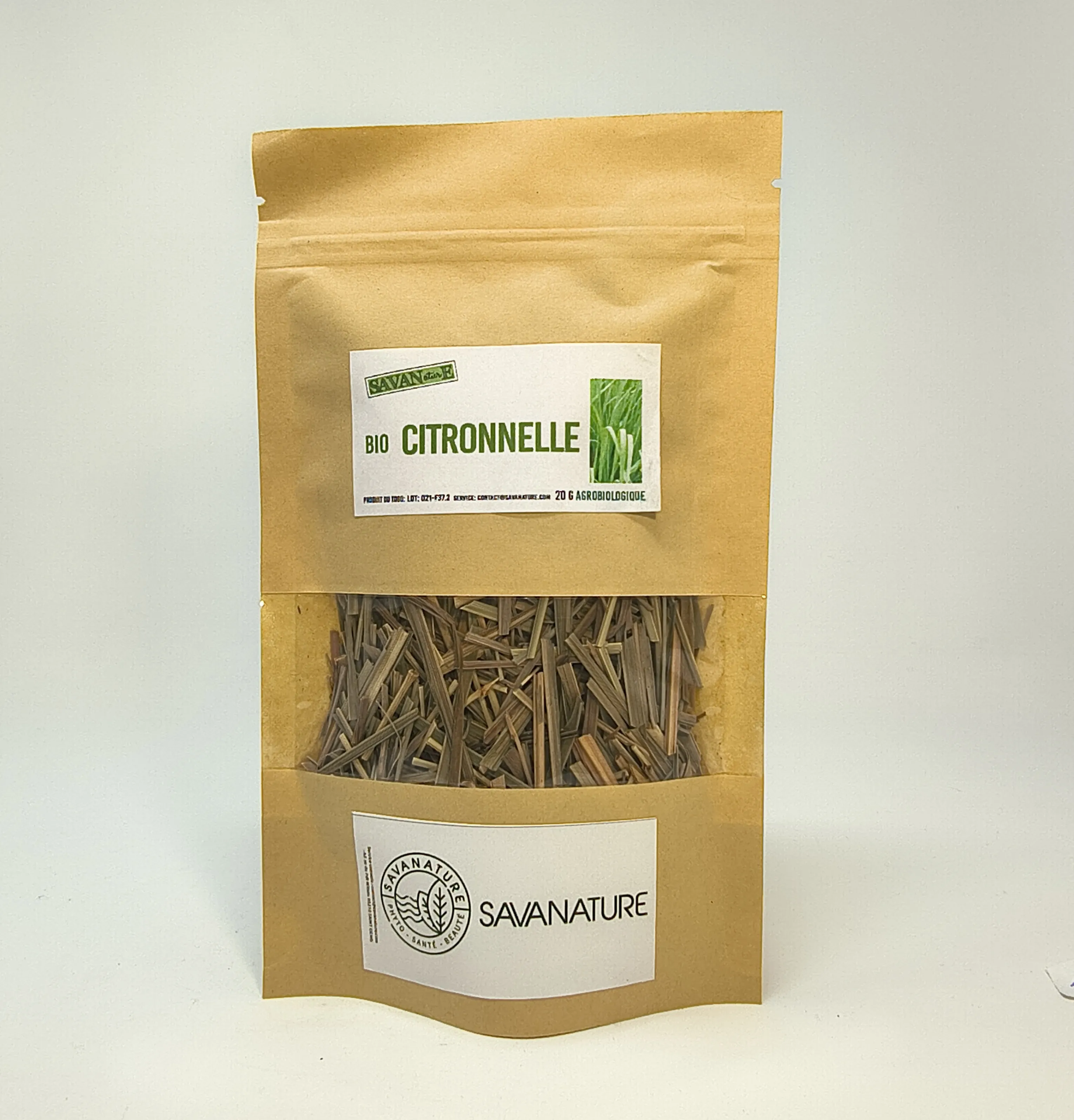
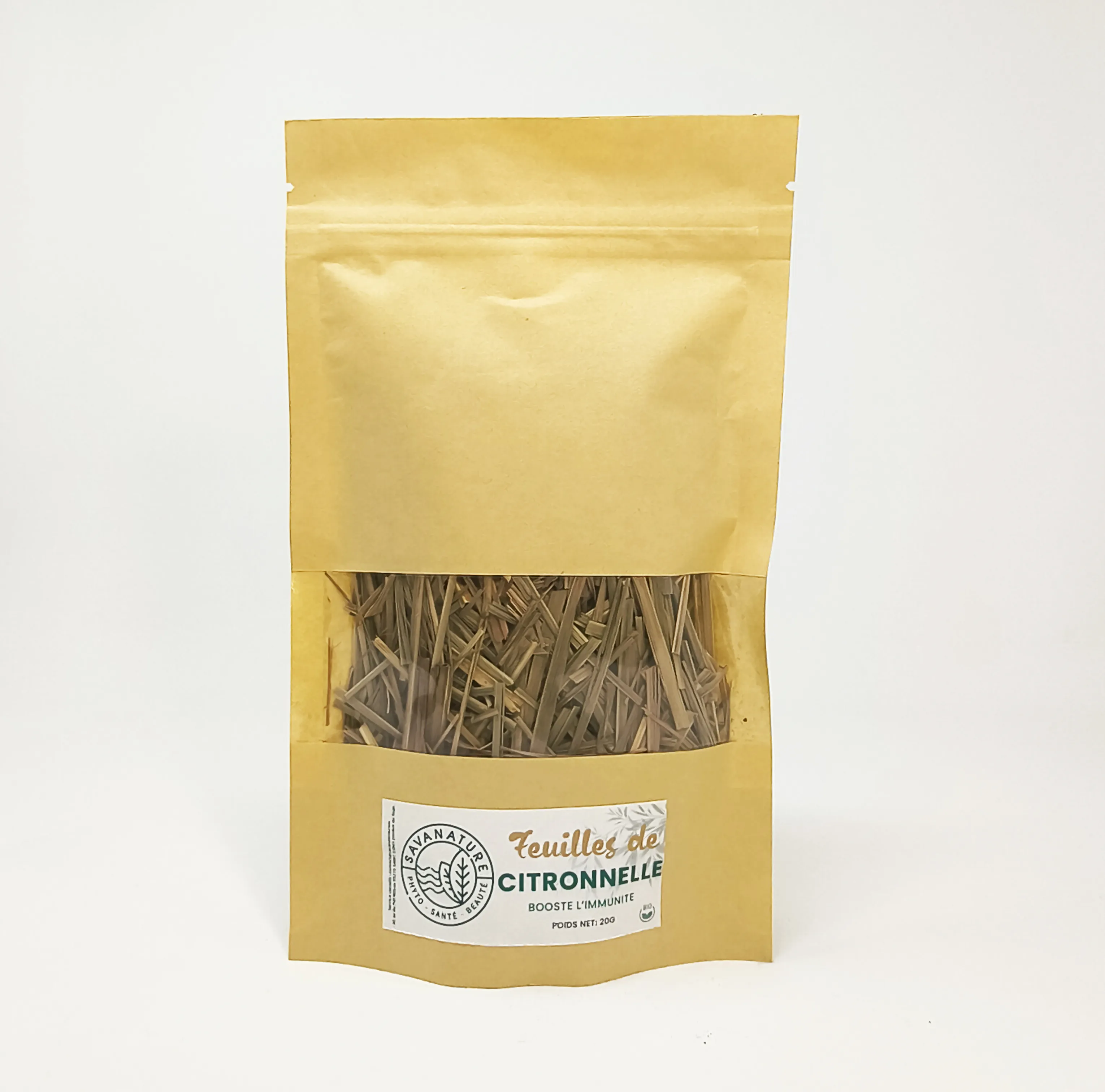
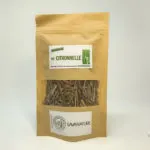
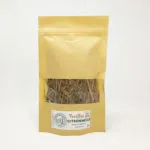

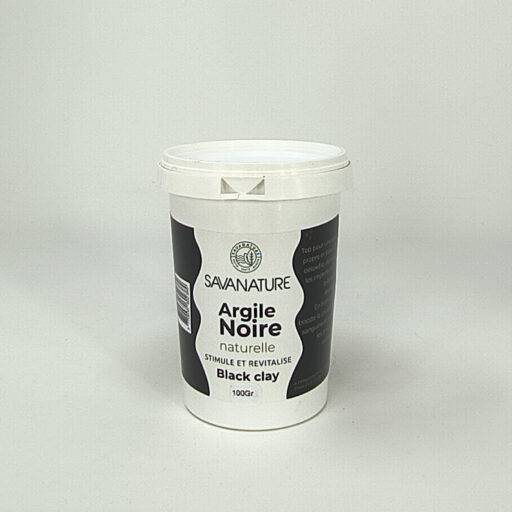
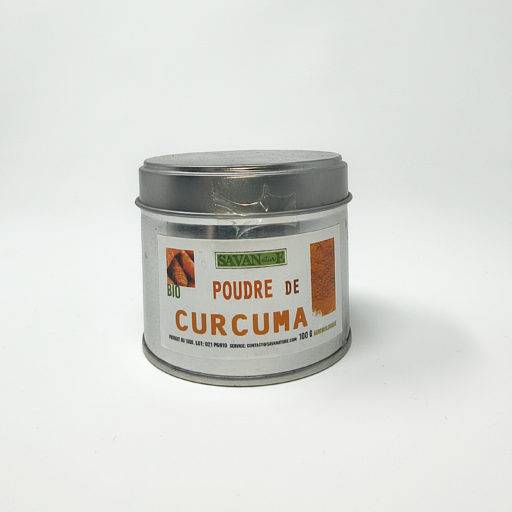
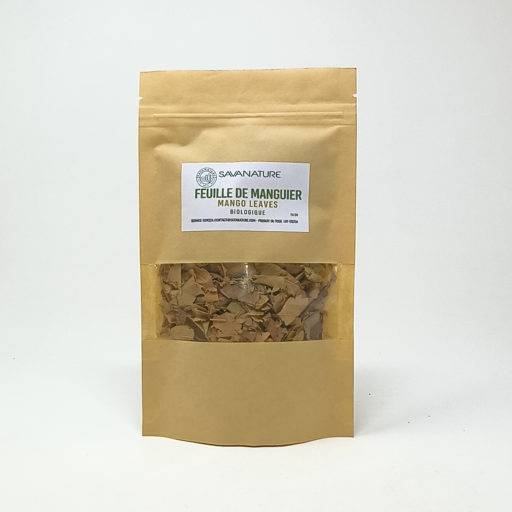


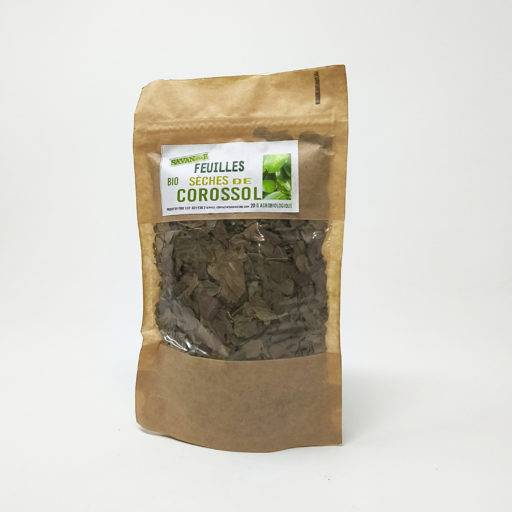
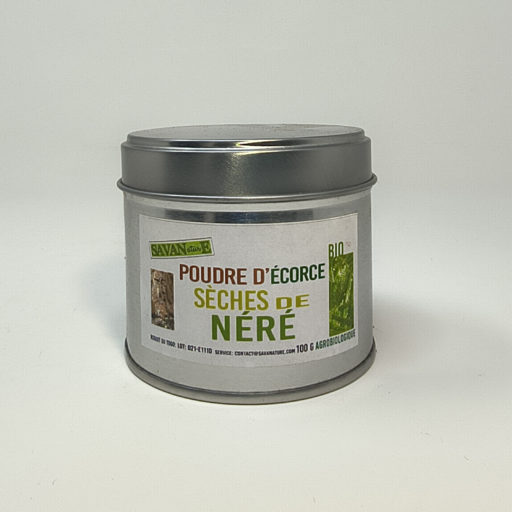
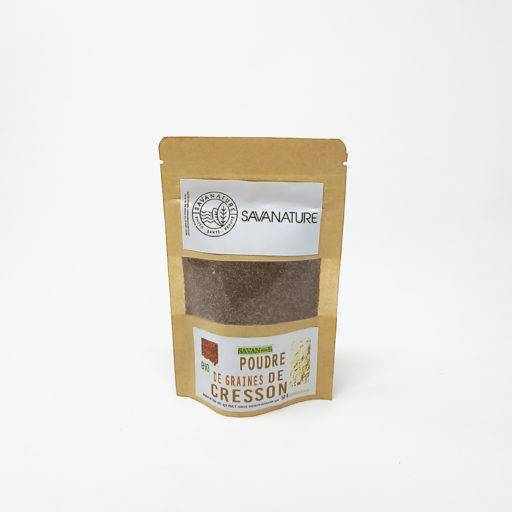
Reviews
There are no reviews yet.